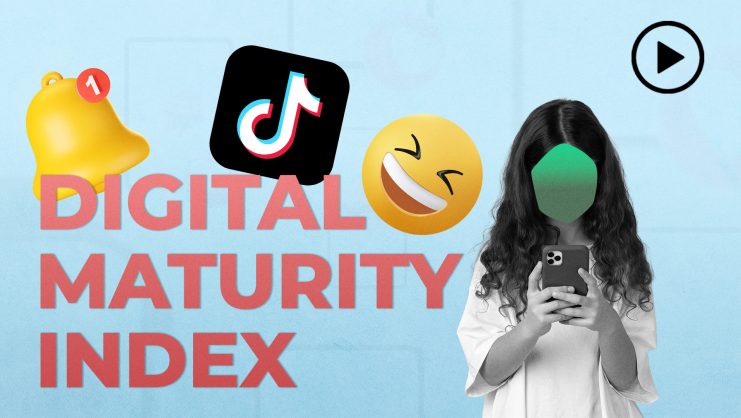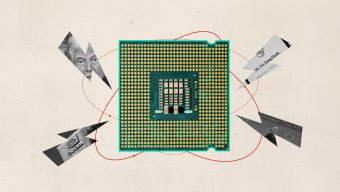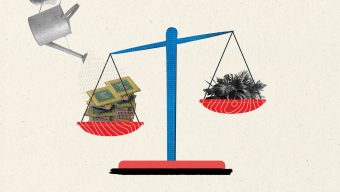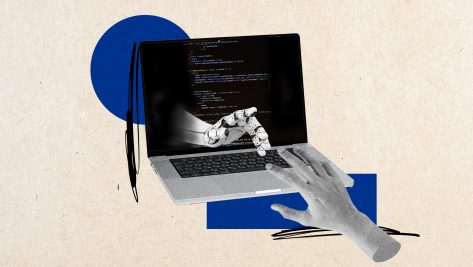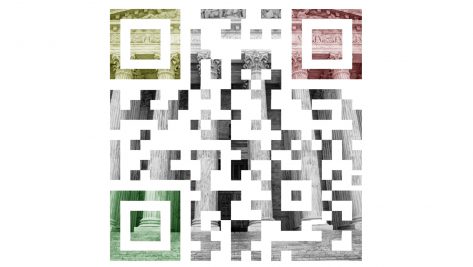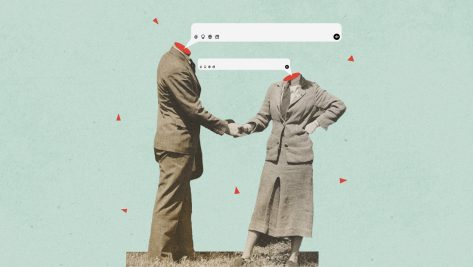The Dangers of Digital Currencies
Digital finances provide us with the convenience of simply tapping our phones to pay for the products we want, but are we sacrificing our privacy? Keith Carter, a Future World Fellow at the Center for the Governance of Change at IE University, outlines the risks of digital currencies.
© IE Insights.
Transcription
With the metaverse being a place to connect people, there’s no government borders anymore. Is it because the server is housed at a particular physical location, that I’m governed by those laws? Or if from multiple servers across multiple jurisdictions, which laws apply? Then we get into finance, of course. If you talk about, well, I have a digital asset, I need to pay for it somehow.
Do I use a currency issued by a central bank when I’m not necessarily in a particular country? Or do I use a currency issued by a corporation because they own the platform that I’m on? Like Second Life had Linden. How do I decide on financial ownership? From a microeconomic planning perspective, there’s a good thing: you can absolutely see the detail.
Which part of the community is getting money in and which part of the community is just sending money out? And you can do some government planning intervention to try to balance out fiscal policy potentially. Of course, the bad side is, again, you get to see exactly what each person is precisely buying. And of course, the tax authorities couldn’t be more excited about digital currencies and NFTs and things like this because I can do perfect taxation.
Once they issue a central bank digital currency the tax authority has maybe a smart contract on each transaction. If I pay someone money, the tax authority can say “Okay, what type of transaction is this? Okay.” Automatically at the end of the year, it’s going to be very easy. Keith here’s your taxes that you’ve paid for the year. Congratulations, you don’t have to file.
Here’s a risk. It’s very convenient to be able to walk in and just tap our phone on the subway, or tap or phone at the Starbucks and keep going, Right. Don’t need to carry cash. So if I can do all my business banking just from my phone, the positive thing is convenience. The negative thing is what happens if my phone gets cut off? From a central bank or from a government perspective,
I can tell the telco, “cut this phone off.” Now I have no cash in my wallet. I’m using my phone for everything, one central point, I go to get on the bus “denied”, I go to pay for Starbucks “denied”. So we have an interesting risk in that we hope our government and central authorities are benevolent. But if at one time the government or the private corporation or the so-called community say you’re not speaking the way we want, you’ve done something that we are against and cut you off.
You can’t buy or sell. And in today’s world, which is so polarized, which political party should have access to that type of power? Which organization in the government would we trust? Which business would we feel safe with? One other interesting piece to this risk in terms of control is privacy.
Well, why did I share my data in the first place? And it was because of the convenience that it brought. If everything that I do is on my digital device and also the TV I watch, and the web searches I do, and where I walk, and at what time do I go to sleep, I have a full 360-degree view of myself. Well, but given to the partners that have access to all this information, who can monetize it, who can delight me with the right product at the right time. Beautiful.
And we have social media today that perfectly annotates, lists out our relationships we decided on purpose to participate in that. And even for those people who say, I’m not on this social media, I’m not on that. I like to say your niece or nephew has put you there. The family picture, the dinner, the vacation, the beach, you’re there.
So how do you balance? I don’t know that there’s a balance between this convenience and privacy. Set controls as individuals to say whether I’m visible or not. And at some point you have to be able to say, can I become completely invisible? But then there’s another side to this. You make yourself completely invisible, the question will be: “Hey, why are you being completely invisible? What are you planning to do that’s bad?”
And so I believe for cryptocurrencies and digital assets in particular, there will be two different types. One, government-sanctioned, legal, allowed, the only one that actually you can use. And the digital asset that you use for other purposes, like the things that the government doesn’t want you to do. For the sake of convenience, beep, beep, we trade off our freedom completely.



